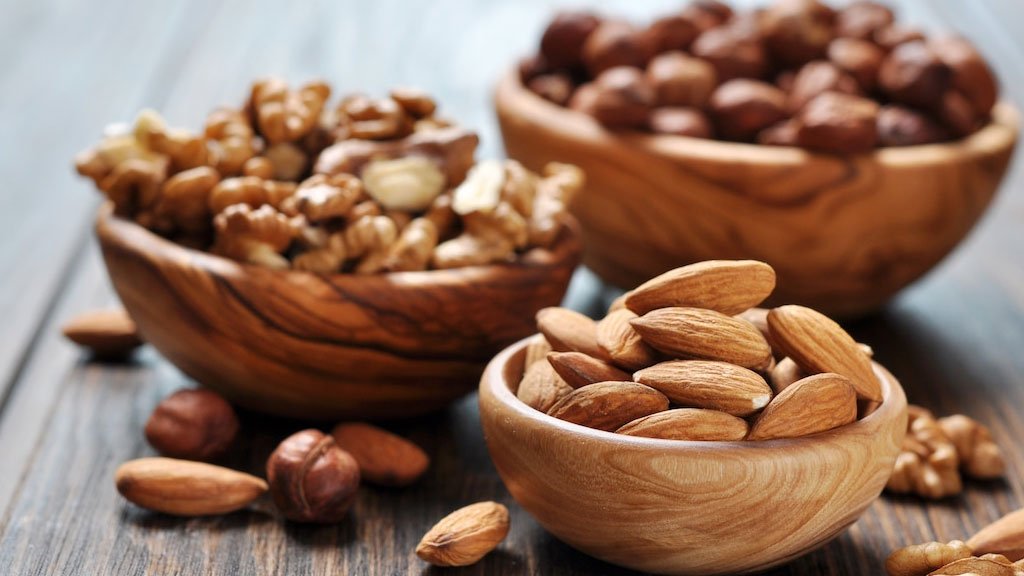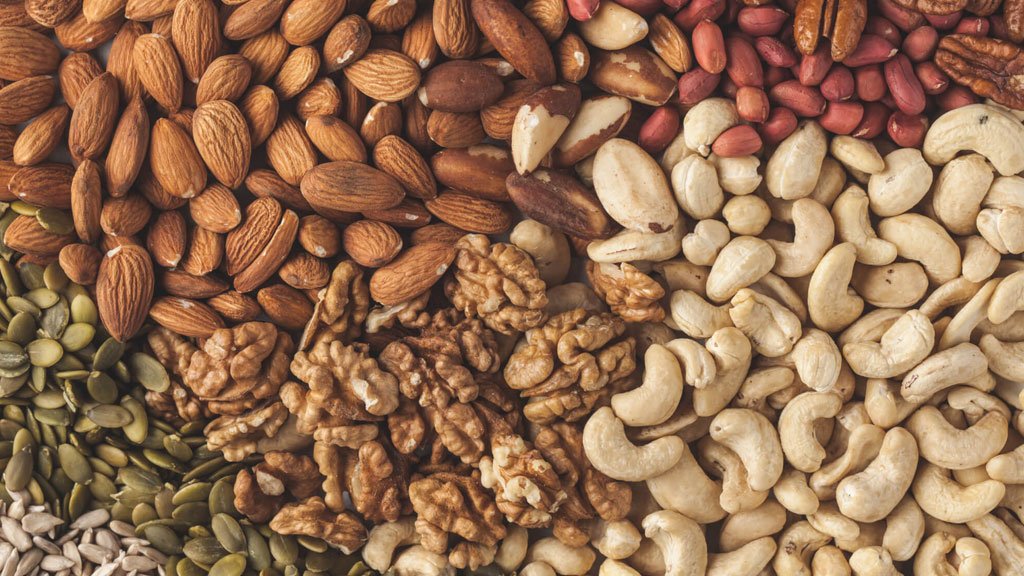Eating Nuts May Boost Brain Health in Old Age, Study Finds. A new study suggests that eating nuts regularly could help older adults maintain better brain function as they age.
Dementia on the Rise
Dementia is a condition linked to a decline in mental abilities. According to the UK’s National Health Service, it affects memory, thinking, and reasoning. The Alzheimer’s Society estimates that around 850,000 people in the UK are currently living with dementia.
Globally, the numbers are even more alarming. The World Health Organization reports that 47 million people have dementia worldwide, a figure expected to rise to 75 million by 2030 and triple by 2050.
Study Shows a Link Between Nuts & Cognitive Function

Researchers from the University of South Australia found a strong link between nut consumption and improved brain health. Their findings, published in The Journal of Nutrition, Health and Ageing, were based on data from 4,822 adults in China aged 55 and older.
Participants who ate more than 10 grams of nuts daily about two teaspoons, showed better memory, thinking, and reasoning abilities. Their cognitive performance improved by up to 60% compared to those who didn’t consume nuts regularly.
Peanuts Lead the Way
Seventeen percent of the participants were regular nut eaters, with peanuts being the most commonly consumed. Peanuts are known for their anti-inflammatory and antioxidant properties, which may protect the brain from age-related decline.
Why Nuts Might Help
Dr. Ming Li, who led the research, explained that nuts contain healthy fats, protein, and fibre. These nutrients can lower cholesterol and may also support better mental health. She emphasized that while there is currently no cure for cognitive decline, lifestyle changes—especially in diet—can offer real benefits.

“This is the first study to link nut consumption to cognitive function in older Chinese adults,” said Dr. Li. She also noted that as populations age, especially in countries like China, preventive healthcare strategies such as dietary changes become increasingly important.
Ageing Population in China a Growing Concern
China’s population reached 1.44 billion in 2019. By 2050, over 330 million Chinese citizens are expected to be above the age of 65, including more than 90 million over the age of 80, the largest elderly population in the world.
Dr. Li warned that this rapid ageing could become a serious public health issue. “Older adults naturally experience a slowdown in memory, thinking, and processing,” she said. “But age is the biggest risk factor for cognitive decline, so any step that helps maintain independence longer is valuable.”
Takeaway
Adding a small portion of nuts to the daily diet could be a simple yet effective way to support brain health in later life. While more research is needed, this study highlights the importance of nutrition in combating the effects of ageing on the mind.








